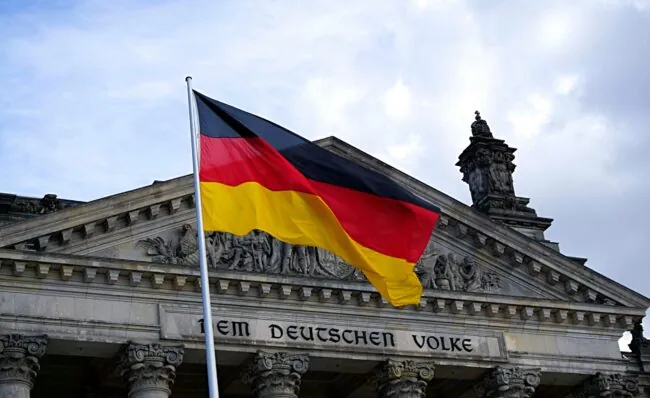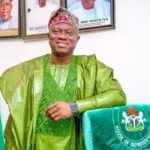Germans will vote in national elections on Sunday, with opinion polls suggesting a new chancellor and governing coalition will emerge. Unlike previous campaigns, this election has been eventful and unpredictable.
The Political Turmoil Leading to Early Elections
Last November, Chancellor Olaf Scholz of the Social Democratic Party (SPD) dismissed his finance minister, which led to a vote of no confidence and an early parliamentary election. This upheaval set the stage for a tense political battle.
Elon Musk’s Controversial Intervention
Elon Musk, the world’s richest man and a Trump administration confidant, publicly supported the far-right Alternative for Germany (AfD). His involvement sparked national debates about Germany’s historical reckoning. Chancellor Scholz criticized Musk’s stance, calling it “disgusting.”
The AfD’s Rising Popularity
For the first time since the Nazi era, a far-right party is positioned to become Germany’s second-largest political force. The AfD has gained traction, largely due to its firm stance on immigration.
Key Election Themes: Immigration and Economy
Two dominant issues have shaped this election: controlling mass migration and stabilizing Germany’s struggling economy. Both have been focal points for candidates and parties.
Friedrich Merz: The Frontrunner for Chancellor
Friedrich Merz of the Christian Democratic Union (CDU), Angela Merkel’s party, leads in the polls with over 30%. His party has taken a stricter stance on immigration compared to Merkel’s open-border policies. Merz’s efforts to pass tougher immigration laws triggered protests, especially after he attempted to use AfD support in parliament—an act that defied political norms. However, he later clarified, “They are against… everything (that) we are, what we build up in the Federal Republic of Germany. There is no co-operation with this party.”
Merz’s Background and Political Journey
Merz previously served as a Member of the European Parliament (MEP) and later in the Bundestag before leaving politics to work as a corporate lawyer. He has held positions at major firms, including BlackRock. A millionaire with a private pilot’s license, he took over as CDU leader in 2022 after two failed attempts in 2018 and 2021.
Alice Weidel: The AfD’s Candidate for Chancellor
Alice Weidel, co-leader of the AfD, is firmly anti-immigration. The party has gained significant momentum, ranking second in national polls at around 20%. Weidel told CNN that one of her first actions as chancellor would be “closing our borders, controlling them and then sending out all the illegals.” She refers to this policy as “remigration,” a term linked to Nazi-era rhetoric.
Olaf Scholz and the SPD’s Decline
Once leading Germany’s government, Scholz’s SPD is now projected to drop by 10 points in votes. Infighting within the SPD’s coalition led to declining public confidence, making Scholz one of the least popular chancellors since reunification. Reports even suggested that his party considered replacing him with Defense Minister Boris Pistorius as their candidate for chancellor.
The Greens and Robert Habeck’s Role
Polling at around 13%, the Green Party is unlikely to win outright but may play a crucial role in forming the next government. Their chancellor candidate, Robert Habeck, currently serves as Germany’s economics minister.
Immigration: A Central Election Issue
A surge in high-profile attacks allegedly involving migrants has fueled debates on border security. Scholz reinstated border checks with neighboring European countries, a move seen as an attempt to regain voter trust and counter the AfD’s influence.
Germany’s Economic Struggles
Germany’s economy has been stagnating, with GDP shrinking by 0.2% in 2024 after a 0.3% contraction in 2023. Factors such as the war in Ukraine, reduced reliance on Russian gas, competition from China, and potential trade conflicts with the US have worsened economic conditions. The struggling automotive industry, including companies like Volkswagen, faces mass layoffs and plant closures.
Coalition Possibilities and Political Gridlock
No single party is expected to secure over 50% of the vote, meaning a coalition government will be necessary. The AfD is likely to be excluded from any coalition, but forming a stable government may take weeks or months.
What Comes Next?
Germany’s next government will not be immediately formed after the polls close. Coalition negotiations will determine the country’s leadership, shaping its future policies on immigration, the economy, and foreign relations.
(CNN)
ALSO READ FROM NIGERIAN TRIBUNE






